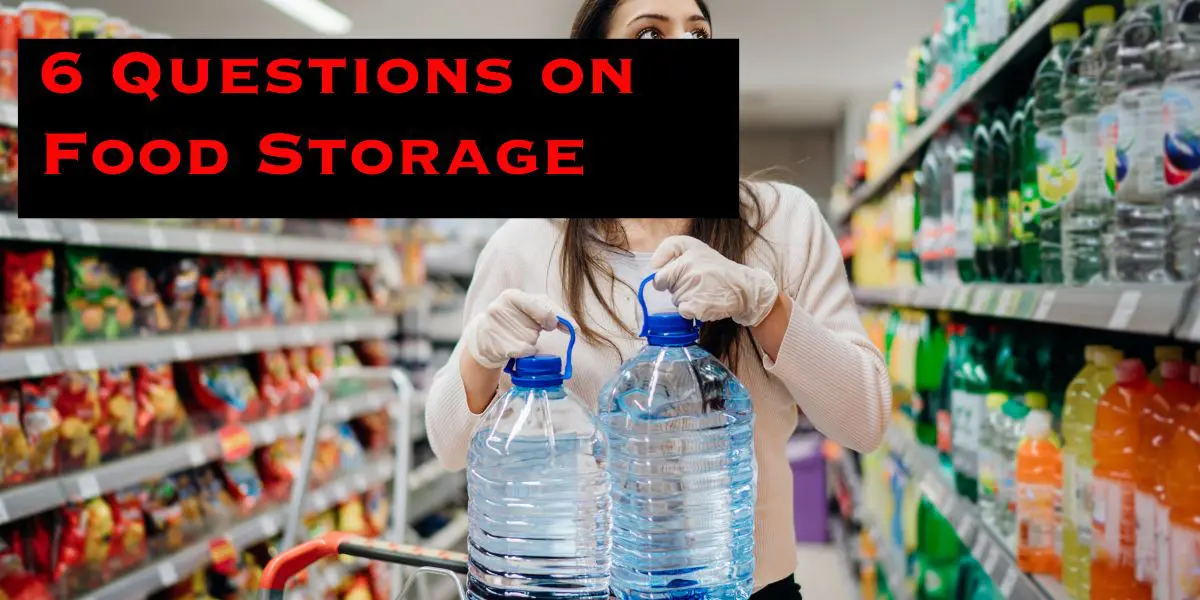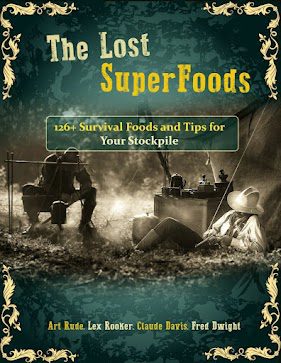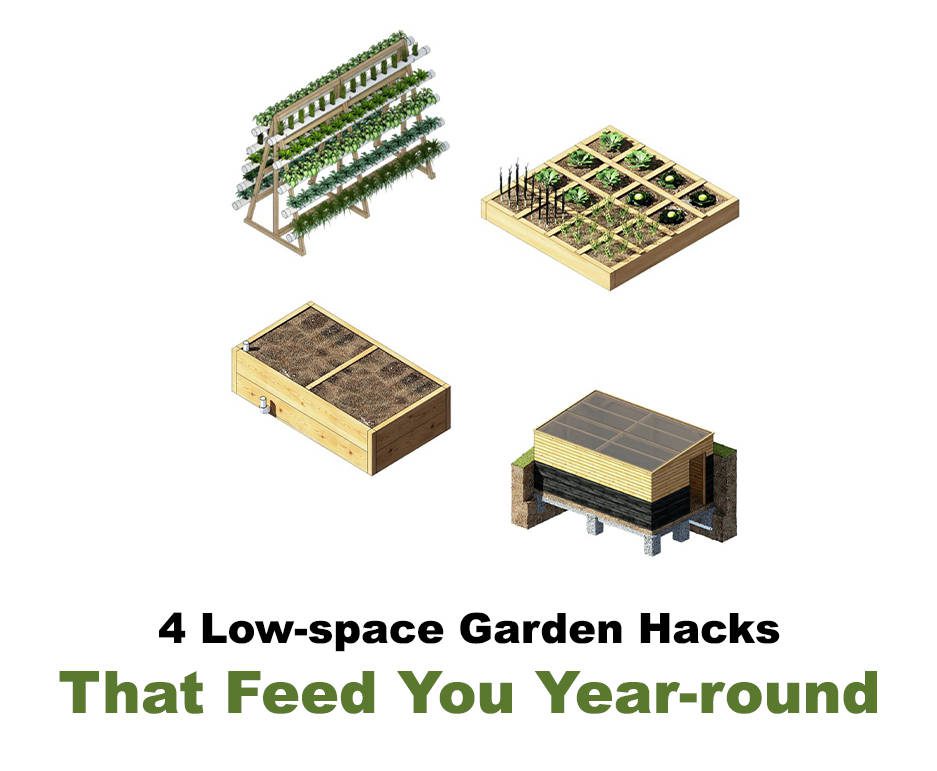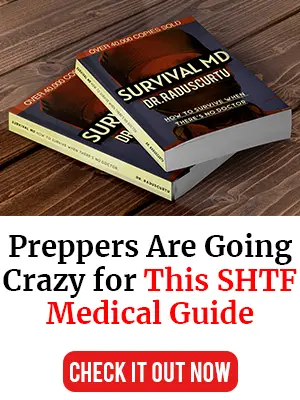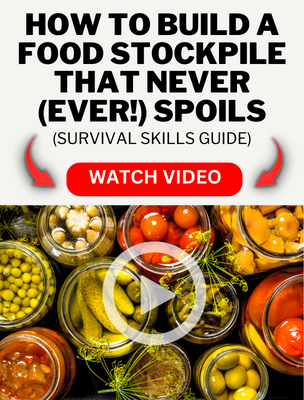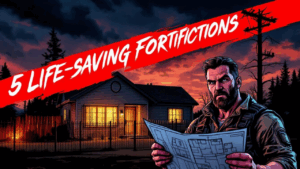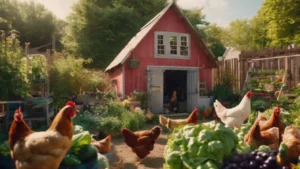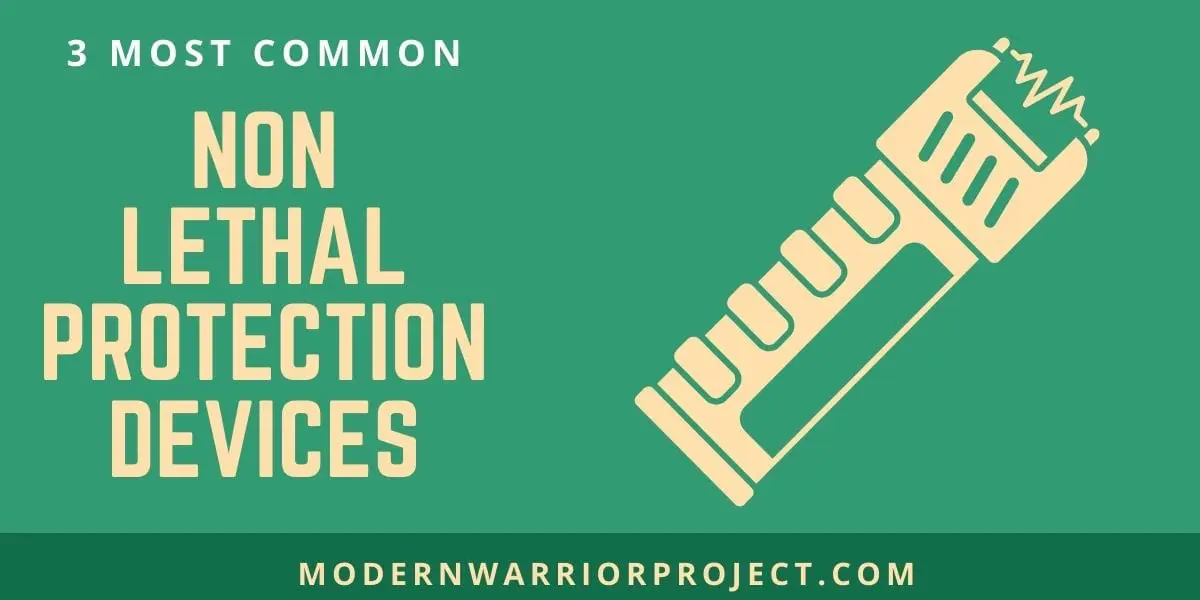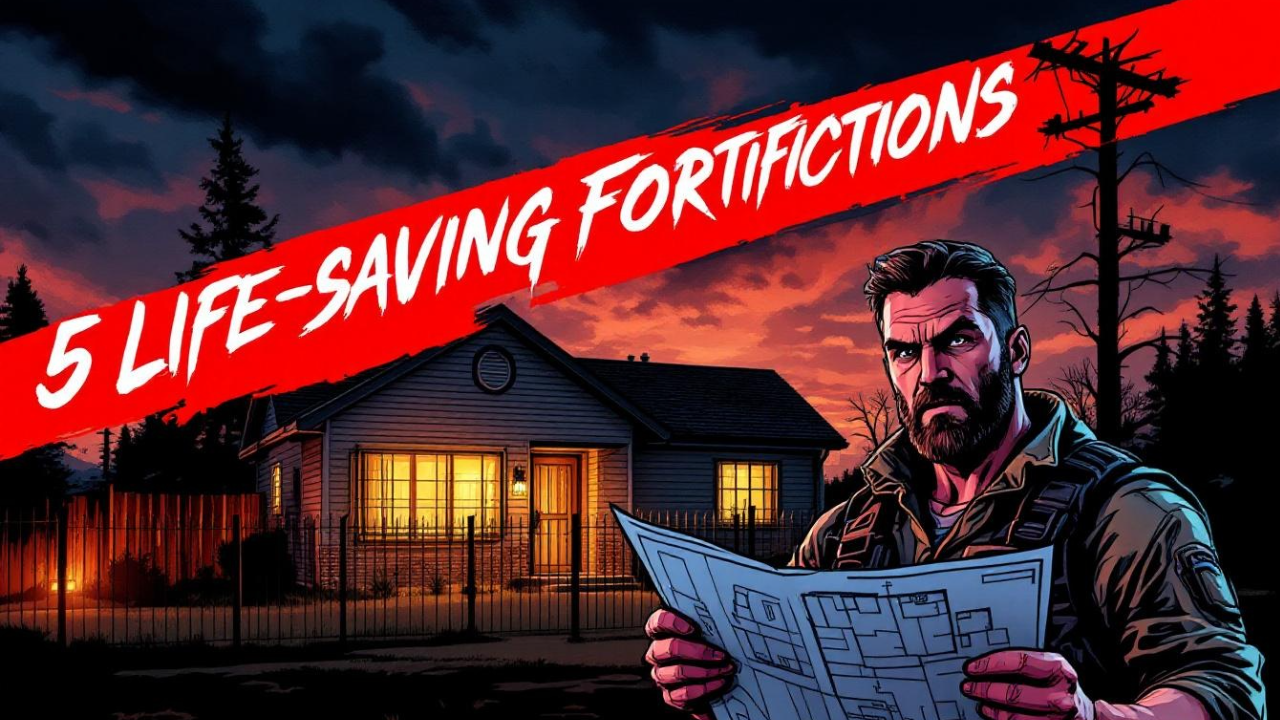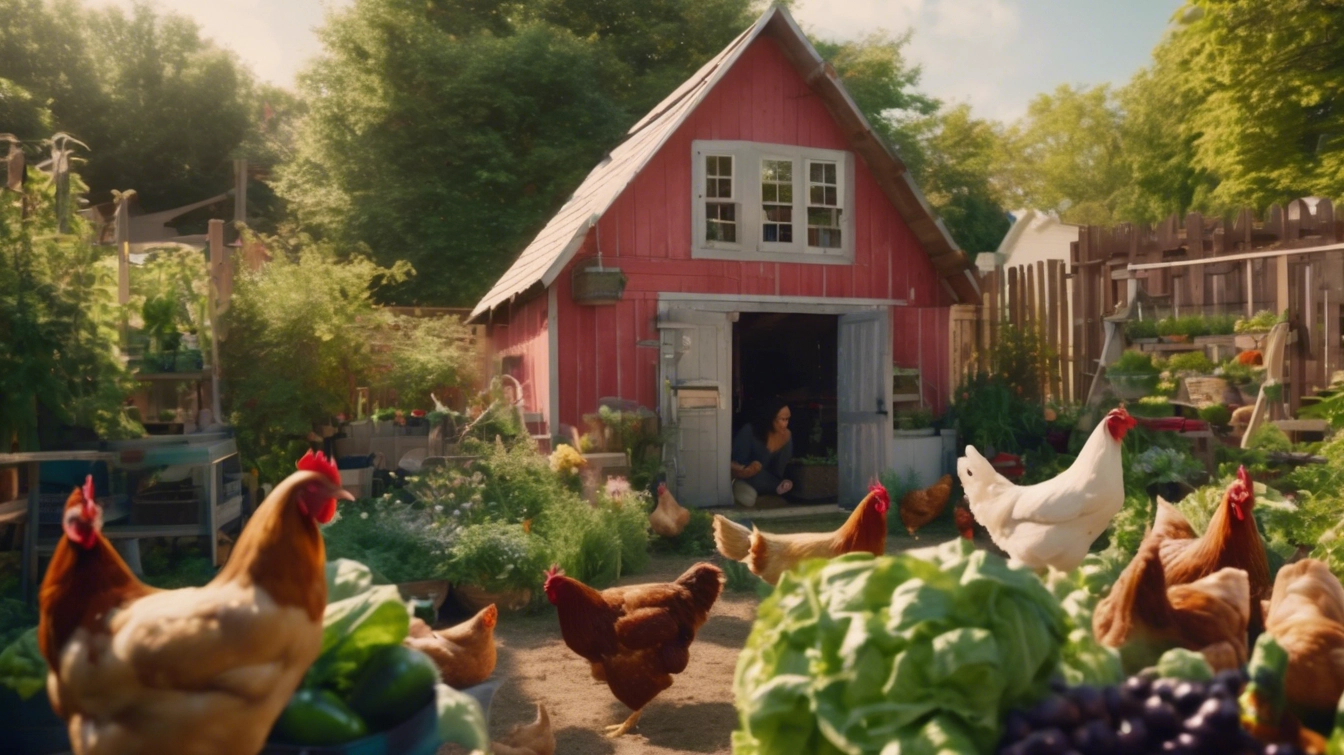Every Prepper recognizes the importance of storing food away for any variety of emergencies. In fact I suspect that is probably one of the first areas many preppers initially consider and start working while building out their preps.
However, building up your prepper storage takes well thought out planning and consideration. Simply shoving some cans of green beans in the back corner of your closet isn’t going to offer you a whole lot of advantage in a serious SHTF situation or prolonged time of need. Your accessible food needs to provide the needed nutrients for your family’s demands. This and other factors should be considered.
In such a situation your self reliance is CRITICAL. The grocery store shelves will be empty and likely closed so if you’re not already prepared your going to be in for an arduous time at best.
In the following paragraphs we’re going to pose Six questions you should ask yourself in consideration of building up your prepper food storage. These questions, along with your answer to them will help you plan, purchase, and store appropriately to maximize your effort on building out your food stores.
Prepping Used to be a way of life on the Frontier. Now you can learn to survive just as they did.
What foods will you store?
Seems pretty obvious, but we want you to dig into this question. It may well be most important question of this article. It’s important your choices are foods that meet your dietary and nutritional requirements, thereby providing you the fuel when you need it most. You want to seek out high return foods. By high return we’re talking about high caloric and nutritional value for the amount consumed.
Long term or vacuum sealed pasta, grains, and other carbohydrate sources are great to consider as carbs are what your bodily is likely used to running on and will give you the energy you need to carry out your daily activities. Additionally, it’s important to research and consider the shelf life of the foods you store. You don’t want to store short lived products as it will likely result in a high rate of loss of inventory due to spoilage.
How much are you going to store?
How Long will your supplies last.
We put these questions together because though they are different questions they depend on each other to get an accurate answer. With this question you want to first consider it as a ‘Time’ question (ie. how long), then convert that to ‘quantity’ (ie. how many cans, etc..). If you’re just starting out 3 weeks is a good starting point to aim for, and consider expanding your duration of stock further as you meet each goal.
The ideal set up is to have enough food to hold you over until you can produce your own through gardening and other means of supplementation. One to Two years is a great long term goal. Bear in mind that it’s important to rotate your stores so you avoid spoilage. Even if the food doesn’t spoil it would be nice to enter into a situation with eating the most palatable and freshest of stored food. This is easy to do if you regularly use your stores and replace with new items, thereby keeping your stores fresh at all times. If you have pets, you need to store food for them too so make sure and consider them in your calculations.

How much can you budget?
Most of us don’t have unlimited budgets, and depending on where you are financially this question can have a significant impact on your timeline. If you’re on a tight budget don’t get disheartened though. This is a long game and doesn’t happen over night. Every extra item you pack in here and there is an extra bit of time your giving yourself to resolve the crisis before you run out.
When you first begin you’re going to certainly have more items to initially purchase, but that’s alright. Tackle it as you can. The upside is over time you’ll have a good storage built out and then basically go back to your normal buying schedule, but rotate out your stores. The bottom line here is regardless of what your budget is, you should figure out how much you’re going to spend on this and plan out accordingly.
Where and how will you store them?
Like budget this particular question can pose more of a challenge for some than others. Regardless of the space you have there is certainly a way to make it work. If you’re very limited on space you’ll just have to be more creative than the individual with a room dedicated to the purpose.
No matter which group you fall in there are certain considerations you should keep. The location should be clean and dry and not exposed to drastic temperature changes. You want to avoid heat exposure and direct sunlight. Of course you want it to be rodent and bug free and take measures to ensure it stays that way. Another important consideration is flooding. Will your stores be ruined in a flood? If so how can you prevent that?
As for the how part of this question, that’s referring to what types of food you’ll be storing. In particular things like: Will you be canning your own food? Will you be storing 5 Gallon Buckets, Mylar Bags, etc.. The types of containers will impact the location and space needed to store the food.
Planning to travel?
If your primary plan during a crisis is to bug out then you’ll ideally want to store most of your stores at the intended bug out location. Even so you’ll want at least a small supply at home in case you get stuck for some reason. Additionally, regardless of whether bugging out is a primary option you’ll want to have some food set aside for that purpose. You may have no intention of leaving your home but by uncontrollable circumstances have to. Therefore it’s better to already have something in place for that scenario.
For your evacuation package you ideally would like to have it already consolidated and ready to go, but at least have a list ready showing exactly what needs packed to minimize confusion and mistakes when under stress. These foods should also be lighter in weight as when traveling weight is an important consideration. You want smaller packaging, yet still high caloric value. It’s a good idea to have some comfort foods in this mix as well. Hard candies are a great one as they are small and last forever.
Taking the time to really consider your answers to these six questions will significantly aid you in building out your food stores. Understanding the answers to these will reduce your chance of buying the wrong stuff and making more mistakes as you get going in your prepper journey. Have a question on this topic? Ask us in the comments.

